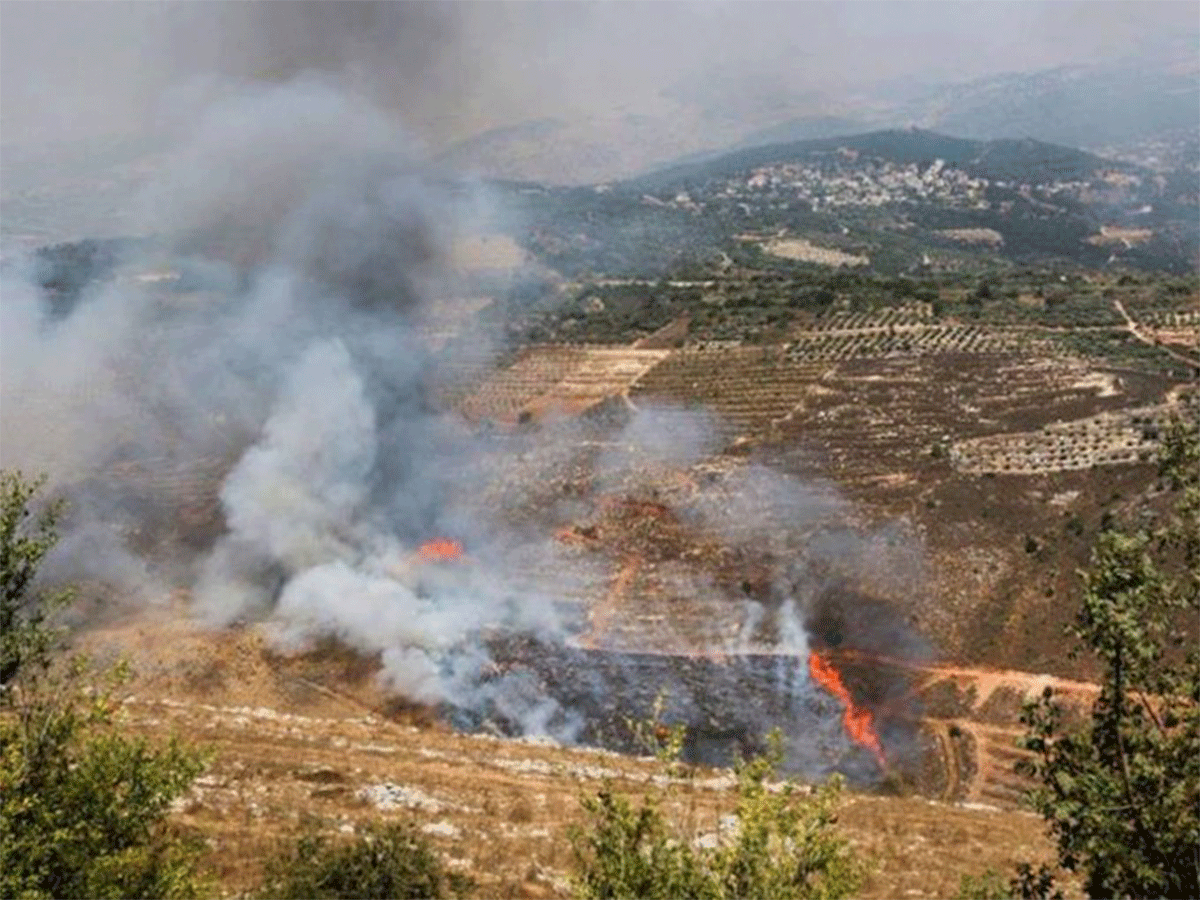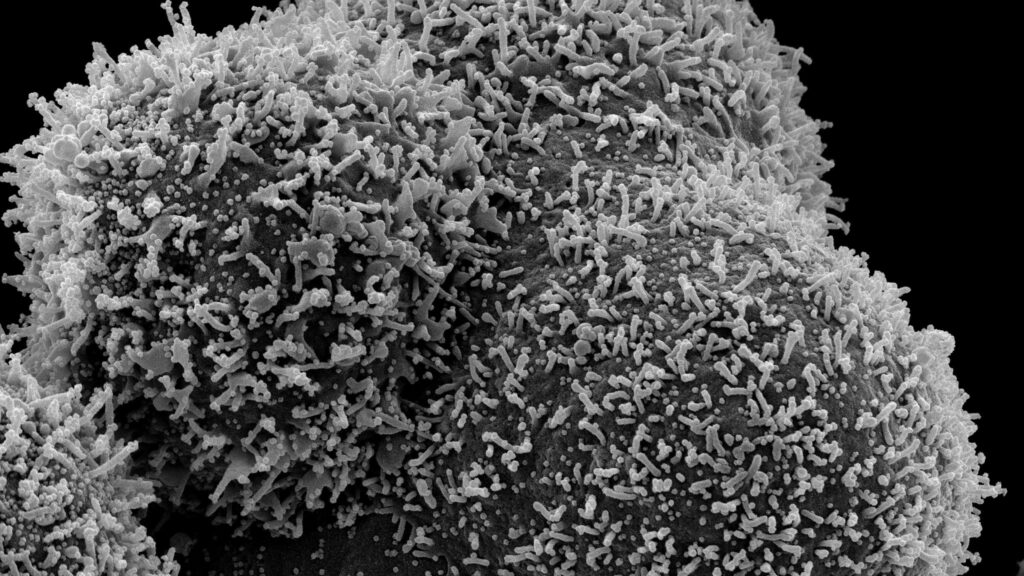Copyright quintdaily

Along with the experiences in childhood, accidents, victimization, or observing violence, trauma usually leaves an inseparable mark on the psyche and the body. The trauma victims have high chances to resort to substances hoping to cope with uncontrollable emotions or memories. Such a need to find relief may easily bring one into a cycle of self-medication, worsening the trauma one is facing and on top of that resulting addiction. To learn more about this connection and how professional support can help, find out more now. The vicious cycle of addiction caused by trauma may be eternal. The pain, which isn’t resolved often makes the substance use look like the needed escape yet it comes only temporarily. The addiction itself will eventually turn into another traumatic load and worsen the emotional traumas that began the cycle. Such an imbalance may precondition addictive behaviors. People can want to turn down the unceasing alertness or to take the intrusive thoughts off temporarily by taking substances to calm down. The neurological effects of trauma may extend long after the trauma event according to the National Institute of Mental Health which predisposes one to drug addiction, as well as mental disorders. Recognizing the Signs of Trauma-Induced Addiction Addiction has its foundations in trauma, and often it is not obvious when it happens. Nonetheless, some of her emotional and behavioral signs can suggest this underlying problem: The constant feeling of anxiety or depression. Drugs as a method of de-sensitising or avoiding painful feelings. Dysfunctions in intimacy or development of good relationships. Flashbacks or upsetting dreams Intrusive memories/disturbing dreams/involving flashbacks. Dangerous or adventurous actions increasing as time goes by. The presence of these signs is a particular reason to take the treatment and support following the role of trauma. Trauma-informed care means that the addiction is treated along with its causes of occurrence, with the highest chances of recovery in the long run. Steps Toward Healing: Trauma-Informed Therapy Recovery of addiction caused by traumas does not just entail the practice of the conventional talk therapy, but it demands strategies that focus on the past and emotional trauma of the individual. The important therapies that are based on trauma-informed therapies are: Cognitive Behavioral Therapy (CBT): This therapy teaches the sufferers or the patients to detect and dispute the negative thoughts to allow more adaptive and health behaviors to be practiced. Eye Movement Desensitisation and Reprocessing (EMDR): EMDR has been developed to assist in processing traumatic memories and de-activating their emotional associative capacity. Somatic Experiencing: This form is directly applied to the body and it helps to release tension and trauma present in the nervous system. To make the most out of the trauma-informed therapy, one should have confidence in their therapist and feel safe to talk about it at their own pace. Deep wound healing cannot ever take place right away, though it is possible with support, and doing so patiently. Developing Healthy Coping Mechanisms Breaking bad habit does not come easily and more so when drugs can offer temporary relief. A change of them into positive outlets is life changing. Examples of healthy coping behaviors which create resilience and alleviate stress include: Meditation and mindfulness practices used to help become aware of the present moment and less anxiety. Even walking up to yoga have been found to have emotional and mental health advantages. The expression of emotions in new forms may be facilitated by creative outlets (art and music therapy). Relied on a reliable support system to talk about the things and seek support. The guide on coping skills provided by the Psychology Today also states that using positive strategies regularly could reduce the chances of the relapse and enhance the quality of life in the course of recovery and after it. The Role of Support Systems in Recovery Nobody is supposed to deal with trauma and addiction on their own. One of the most valuable resources in an area of recovery is a good support system. Some of the forms of support are: Sensitive friends and family that is encouraging and understanding. The support of groups, i.e., 12-step meetings or peer recovery circles, where one can share experiences without inhibition. Experienced health professionals, in particular, trauma and addiction, who offer direction and organization. Having the right network, they develop their accountability and confidence, as well as a base of the long-term change and relationships with substantial health. Integrating Holistic Approaches Traditional therapies should be complemented by holistic interventions that treat a person in terms of the body, mind and spirit. The stress can be managed with the help of yoga, meditation, and acupuncture to be able to have more awareness of body and greater emotional balance. The methods promote self-care and presence in the present, which is beneficial in support of general well-being and increased strength to resist relapse. Embracing a Future Free from Addiction Trauma addiction is something that is never easy to overcome though, through proper therapy, a trauma-focused approach, and a support system, a lasting cure becomes achievable. The hope of addiction is to develop new coping mechanisms and cultivate mind-body practices so that people can break the cycle. One step in the right direction, recovery is a courageous act and a better future, free of addictions is, one step at a time.



